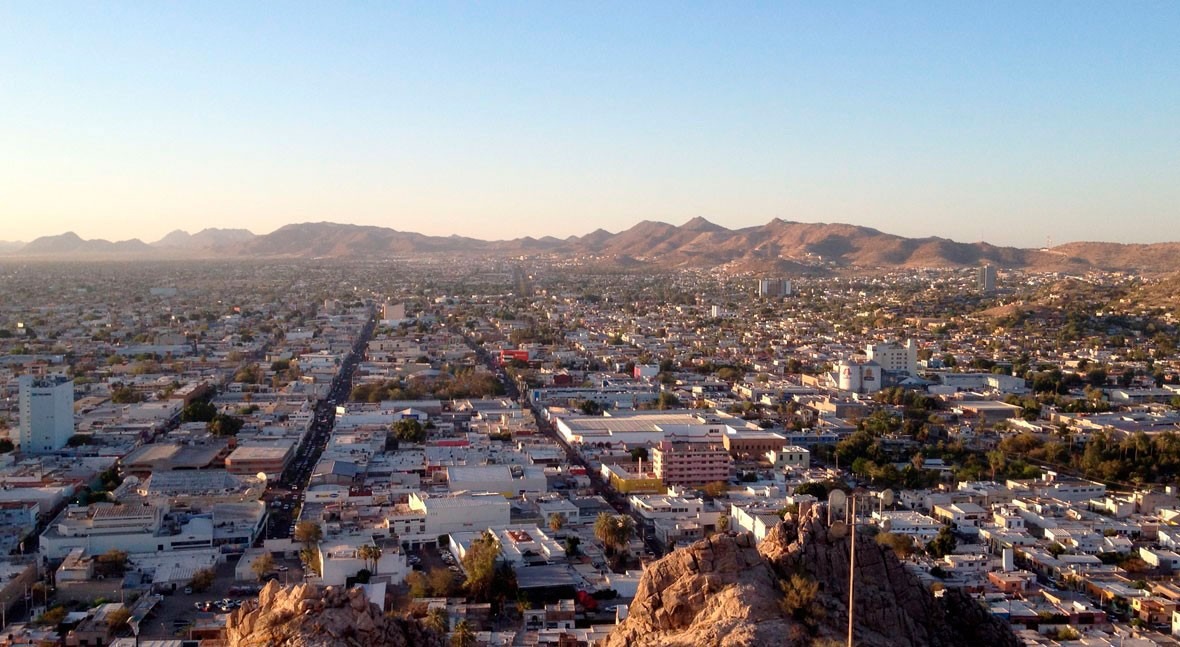Current projections indicate that the demand for freshwater, energy and food will increase significantly in the coming decades, subject to the pressures of population growth, technological and economic development, diet diversification, urbanisation and climate change. According to a report by the Organisation for Economic Cooperation and Development (OECD), in 2050 food production is expected to increase by 60%, global energy consumption is expected to grow by 80% and total global water withdrawal is estimated to increase by 55%. In this context, the Water-Energy-Food nexus has emerged as an integrated concept to describe and address the complex relationships between these resources, resources we depend on to achieve different social levels, economic and environmental objectives. In practical terms, it is a concept to understand better and analyse the interactions between the natural environment and human activity, and in that way work towards more coordinated management and use of natural resources in all sectors and at all scales. For example, water is necessary for drinking (municipal water supply), for agricultural development (rainfed and irrigated agriculture), livestock raising, aquaculture, and industrial uses. Moreover, water is essential to produce electricity: for hydropower generation, to produce biofuels, to cool nuclear and geothermal power plants; it is also used in fossil fuel extraction processes (coal, natural gas, oil, shale gas, etc.) and in the mining industry. On the other hand, energy is essential to treat waste water, to treat drinking water, for desalination, to pump water to urban areas, to pump water in agricultural irrigation systems, as well as in the food production industry. Finally, the food industry is vital for the economic and social development of a country. All of these relationships are well understood at a conceptual level, but we need to quantify them and attach an economic value to them to find the best possible use of natural resources, seeking synergies and reducing waste.

Ramón González Bravo
One of the first quantitative estimates of the relationships in the Water-Energy-Food nexus has been developed by the Monterrey Institute of Technology, in collaboration with the Michoacan University of San Nicolás de Hidalgo, using as a case study the water scarcity issues in the coastal Hermosillo region of Mexico.
The tool developed in this study serves as a basis for decision-making processes for the public and private sectors (national and local agencies in charge of the different sectors, farmers, industry, civil society organisations, academia, etc.), to encourage sustainable development, taking into account several variables such as municipal, agricultural and industrial demands. It allows considering different alternatives to meet the objectives of the actors involved.
With tools such as this we strive to meet the United Nations Sustainable Development Goals for 2030, specifically Goal 6 (Access to safe, affordable drinking water for all), Goal 2 (Zero hunger and malnutrition), Goal 7 (Affordable and clean energy) and Goal 11 (Sustainable cities and communities).
At the Latin American and Caribbean Water Centre we are starting to integrate disciplines based on the interactions of the Water-Energy-Food nexus and we work on multidisciplinary projects to further the sustainable use of water resources. That is, we promote the development of state-of-the-art technology to ensure we have sustainable urban environments in the future.



